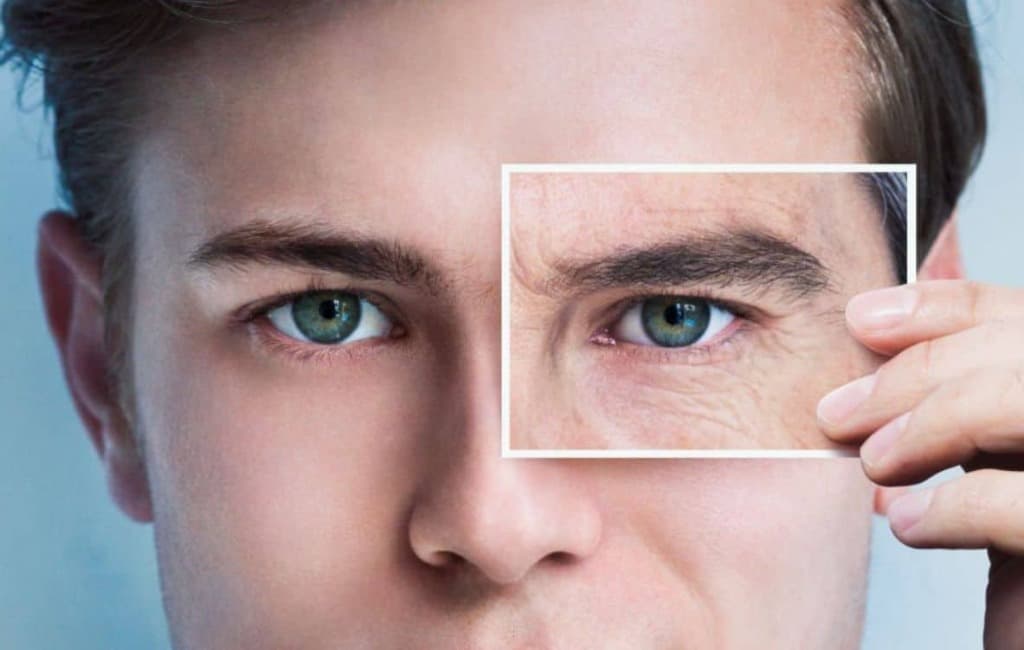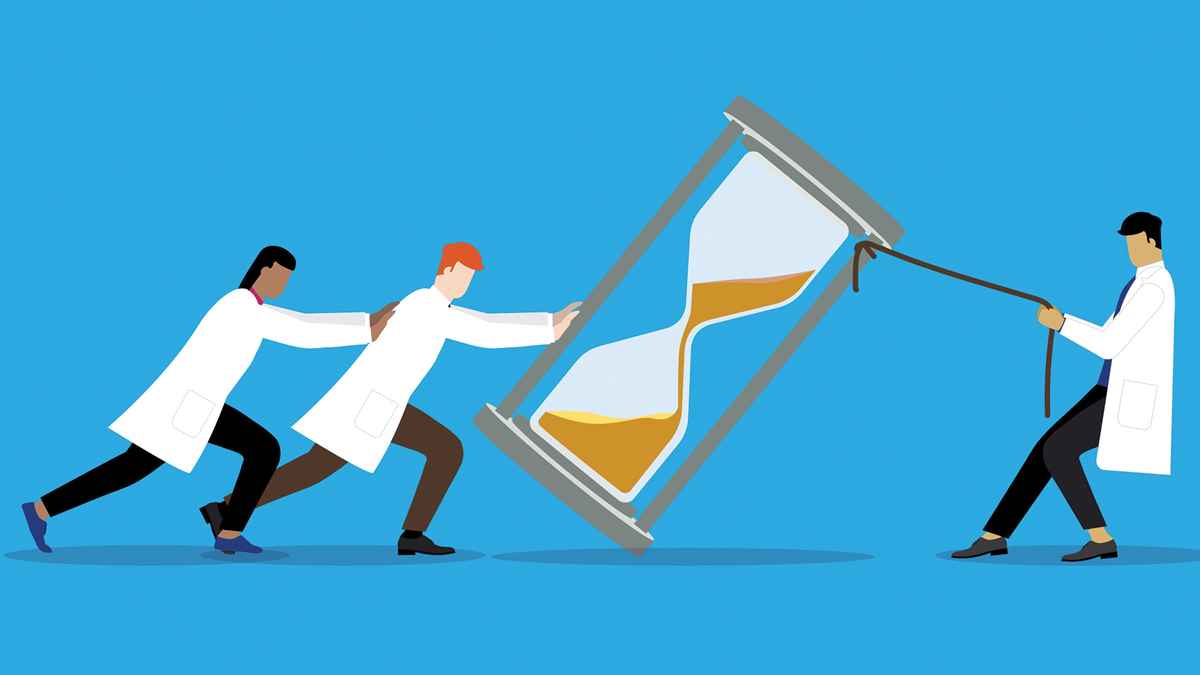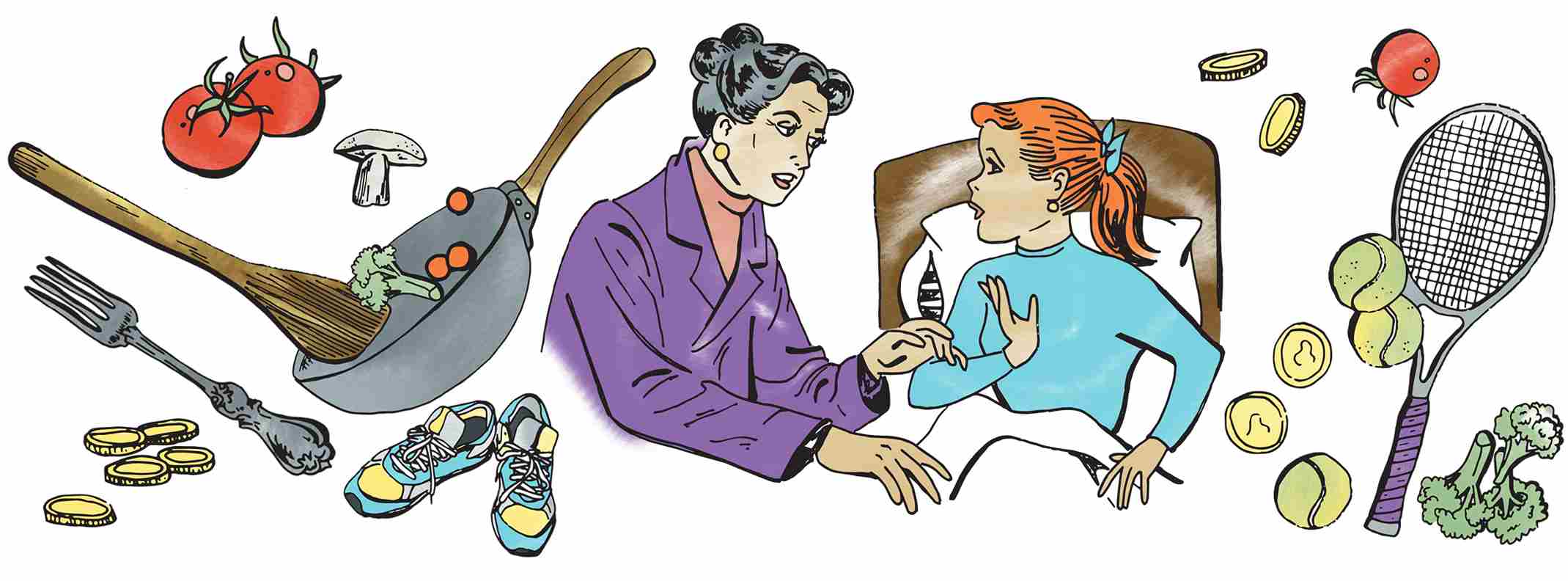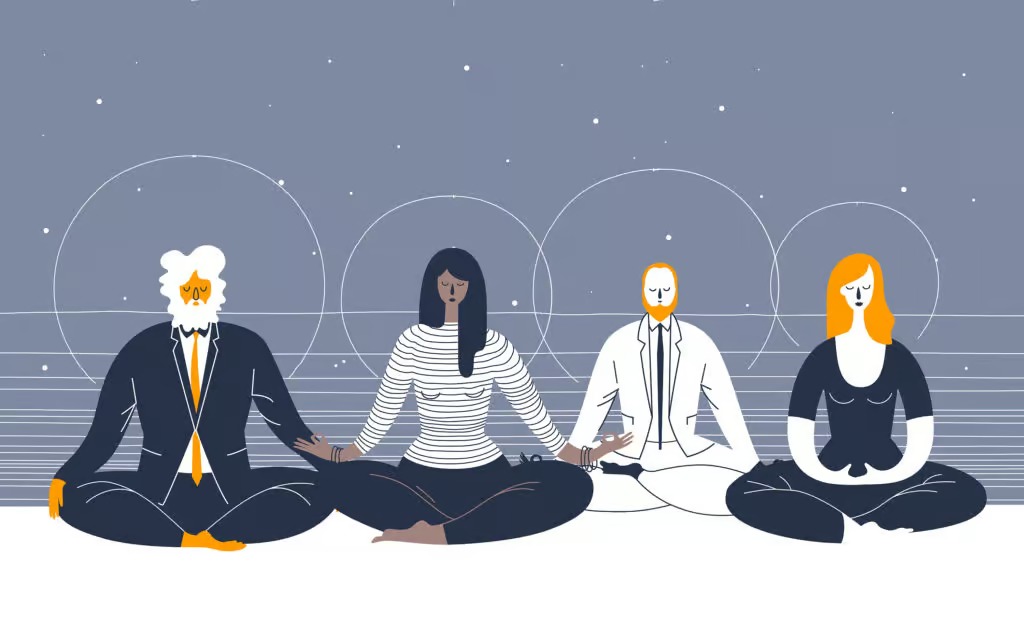The Science Of Aging
By Mia Evelyn
13 March 2023
Welcome to "The Science of Aging", a blog dedicated to exploring the complex and fascinating world of aging science. Here, you'll find the latest information and research on a variety of topics related to aging, including cellular and molecular biology, nutrition, epigenetics, and much more. We'll delve into the mysteries of aging, and explore the potential of new treatments and therapies that could extend our lifespan and improve our quality of life. So join us on this journey of discovery, and learn how science is unlocking the secrets of aging!

What Causes Aging?
Aging is a natural process that all living things must go through. The main cause of aging is the gradual deterioration of the cells in the body over time. As we get older, our cells become less efficient at producing energy, repairing damage, and fighting off disease. This leads to changes in our bodies such as wrinkles, slower metabolism, and a weakened immune system. Other factors, such as lifestyle choices, can also affect the rate of aging.

How Can We Slow The Process Of Aging?
Aging is an inevitable process that everyone will go through, but there are some things we can do to slow it down. Eating a healthy, balanced diet, exercising regularly, and getting enough sleep are all essential for keeping our bodies healthy and youthful. Additionally, limiting our exposure to environmental toxins, such as air pollution, and avoiding excessive sun exposure can help us stay younger looking for longer. Taking supplements, such as vitamins and minerals, can also help us maintain a healthy body as we age. By following these simple steps, we can help slow the process of aging.

The Link Between Nutrition And Aging
A healthy diet is essential for healthy aging. Eating a balanced diet that includes plenty of fruits and vegetables, whole grains, and lean proteins can help to reduce the risk of age-related diseases such as heart disease and cancer. Additionally, eating a diet that is rich in antioxidants and vitamins can help to protect your body from the effects of aging. By eating a nutritious diet, you can ensure that you are providing your body with the fuel it needs to stay healthy and prevent age-related illnesses.
The Role Of Exercise In Aging
Exercise plays a vital role in helping to slow down the aging process. Regular exercise helps to improve physical strength, flexibility, balance, and coordination, all of which are important for healthy aging. Exercise can also help to reduce the risk of age-related diseases such as heart disease, stroke, type 2 diabetes, and some types of cancer. Furthermore, exercise can help to reduce stress and anxiety, improve mood and sleep quality, and increase energy levels. Ultimately, regular exercise can help you to look and feel younger and healthier, no matter your age.

The Benefits Of Mindfulness For Aging Well
Mindfulness is a great way to stay healthy as we age. It can help us stay in tune with our bodies and minds, allowing us to better recognize and address physical and emotional changes. Practicing mindfulness can help reduce stress, improve sleep, and even boost our immune system. Additionally, being mindful can help us maintain a positive attitude and outlook on life, which is essential for aging well. With regular practice, mindfulness can help us stay in tune with our bodies and minds, allowing us to better recognize and address physical and emotional changes as we age.
A Natural Process
There is a great deal of science that has been dedicated to understanding the aging process and developing ways to slow it down. While it is not possible to stop aging entirely, understanding the science behind the process can help us to live healthier, longer lives.
You Might Also Want To Read This
Popular Posts






